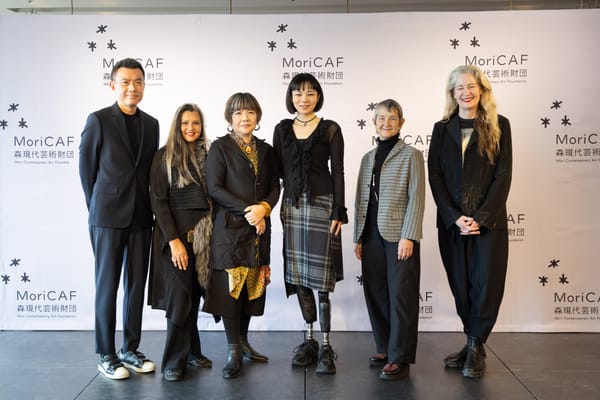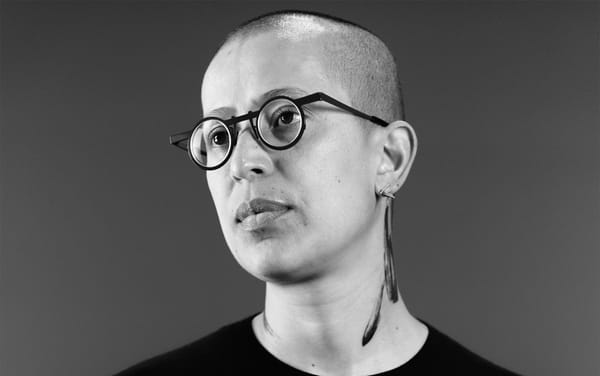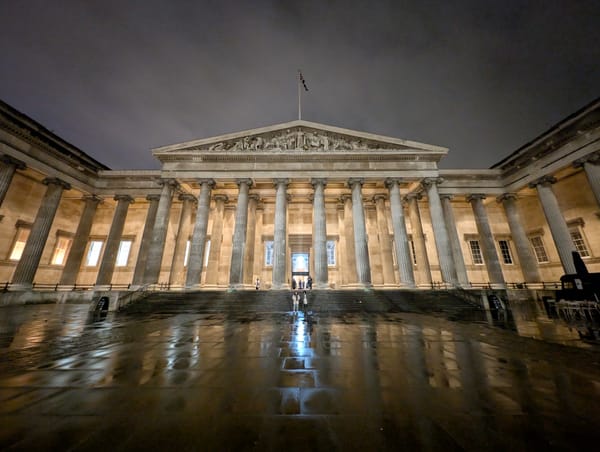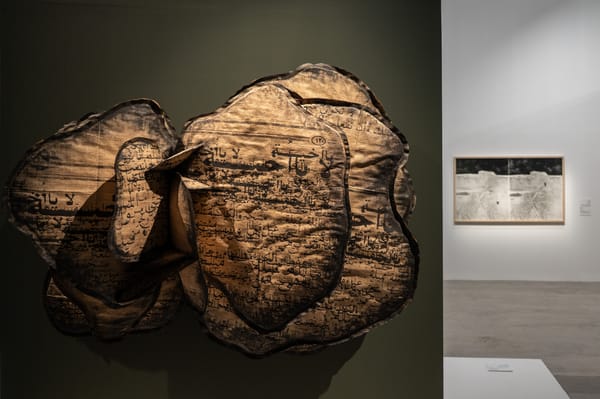News
Hong Kong Censors Underground Film’s Title, Allows Screening
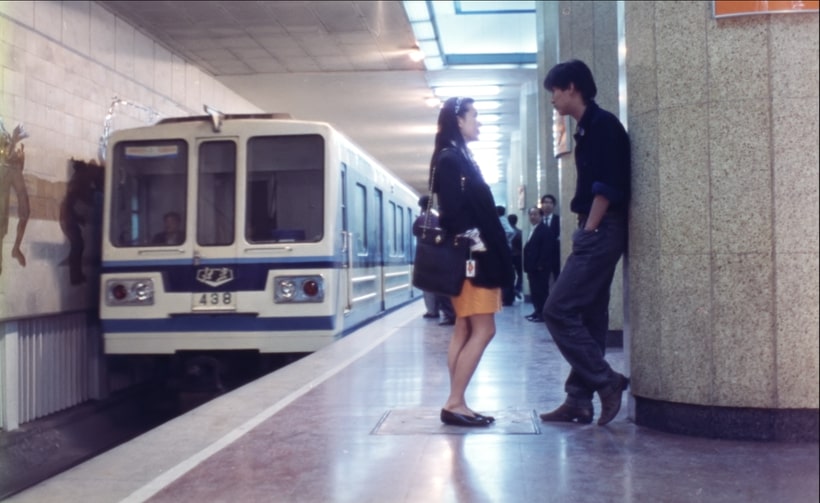
*updated on January 23, 2024.

On January 19, Hong Kong’s M+ museum amended the title of Zhang Yuan’s 1993 film Beijing Bastards to simply A Film by Zhang Yuan shortly before its public screening on Friday in order to receive a license from the Office for Film, Newspaper and Article Administration (OFNA).
According to a spokesperson at M+, both Zhang and the curatorial team updated the title on the museum website “to highlight the filmmaker’s presence in [the screening program] ‘Once Upon a Time in Beijing’ in the M+ Cinema Winter Edition 2024.” Running until March 2024, the M+ program includes six seminal films that feature Beijing’s rich cultural history, such as Bernardo Bertolucci’s The Last Emperor (1987) and Chen Kaige’s Farewell to My Concubine (1992). Aside from Zhang’s work, the other films all hold their original titles.
Beijing Bastards captures a fleeting moment in China’s history, when the emergence of an underground rock scene in Beijing during the late 1980’s and early ’90s became widely associated with antigovernment and antiestablishment youth culture. Two weeks before the Tiananmen Square massacre of 1989, for instance, rockstar Cui Jian infamously staged a concert for student protesters. The same musician stars in Zhang’s 85-minute, documentary-style film alongside other notable rock artists of era, who spend their days socially isolated and often intoxicated.

Notably, the film’s original title sequence displays the words “a beijing bastards group production” as well as the original title, but both segments were cut from A Film by Zhang Yuan. These amendments were also required to receive the license from OFNA, a governmental body responsible for enforcing Hong Kong’s film-classification system.
In the Hong Kong media, some commentators speculated that 雜種 / “zhazhong” (mixed-bred) of the title is a homophone to Chinese leader Xi Jingping’s surname in Cantonese, “zaap.” Other commentators believe that it is the defiant nature of the title, suggesting cultural resistance, that was problematic. While the practice of changing titles to avoid homophones is common in mainland China, it has not been to date in Hong Kong.
While such Hong Kong’s film classifications mainly establish age-restrictions on mature content, in August 2021 the Film Censorship Ordinance was amended in accordance with the National Security Law. The updated guidelines restrict “any act or activity which may amount to an offence endangering national security” in films for public screening, as well as any depictions that “advocate, incite or glorify any acts or activities endangering national security.”
In Hong Kong, OFNA must provide approval for films prior to their screening, while cultural bodies like M+ have no control over the decision. Institutions and filmmakers must comply with OFNA’s requests before a license is issued.
Since the amended ordinance’s implementation, several films have been restricted in Hong Kong. In June 2021, the Film Censorship Authority canceled a screening of Sophia Yen’s documentary Taiwan Equals Love (2020) over its depiction of Taiwan as a politically autonomous state, and in October 2022 it barred Tseng Wen-chen’s film The Lucky Woman (2020) on migrant workers in Taiwan because it features scenes of protests.
In the case of Beijing Bastards—a film that the Hong Kong International Film Festival pulled from screening upon its initial release in 1994—the filmmaker, the museum, and the government reached an acceptable compromise. Zhang’s film is often reported to be banned in mainland China, but in fact it was never officially submitted to the China Film Bureau and so was never screened in cinemas. (Zhang told The New York Times in 1999: “They couldn't have reviewed a script because we didn't have one!”) The work will be shown again at M+ Cinema on February 18 under its amended title.
Anna Lentchner is assistant editor at ArtAsiaPacific.

